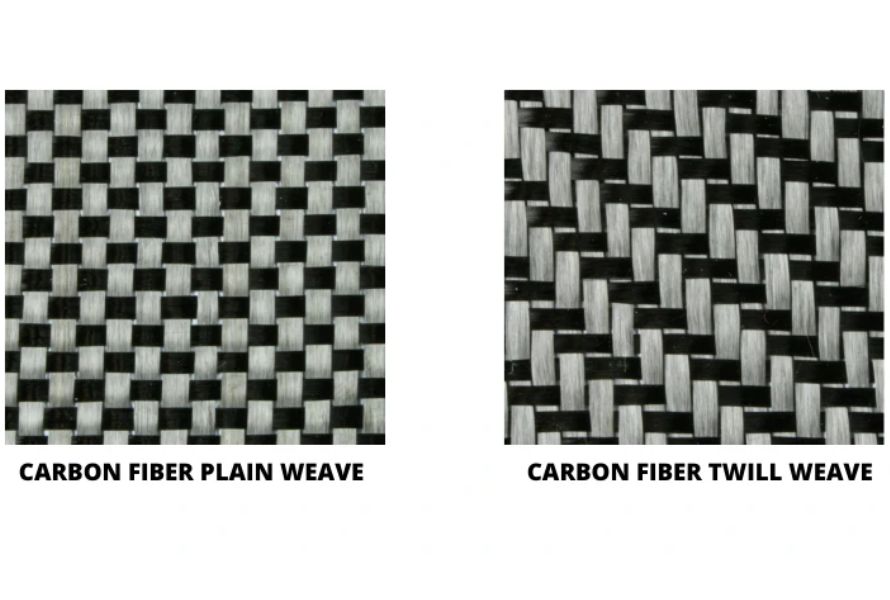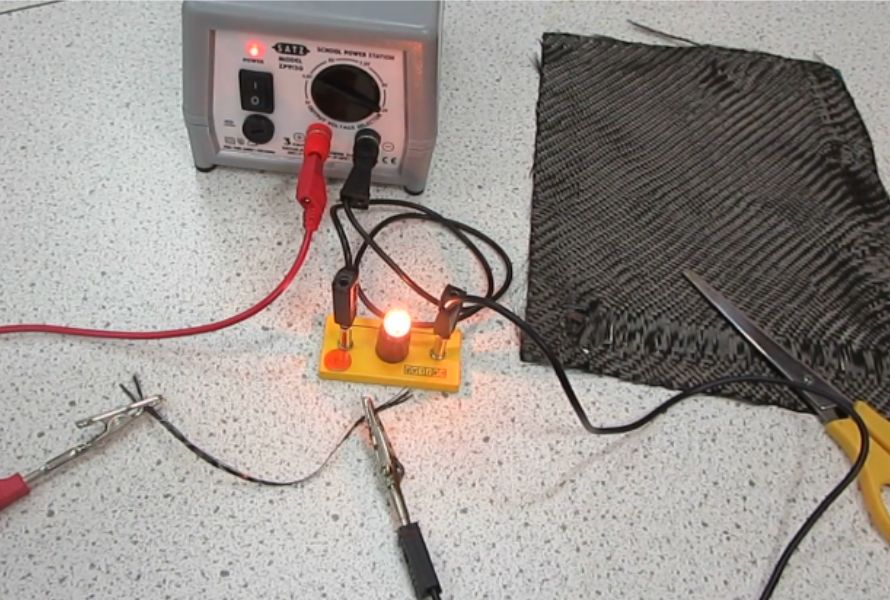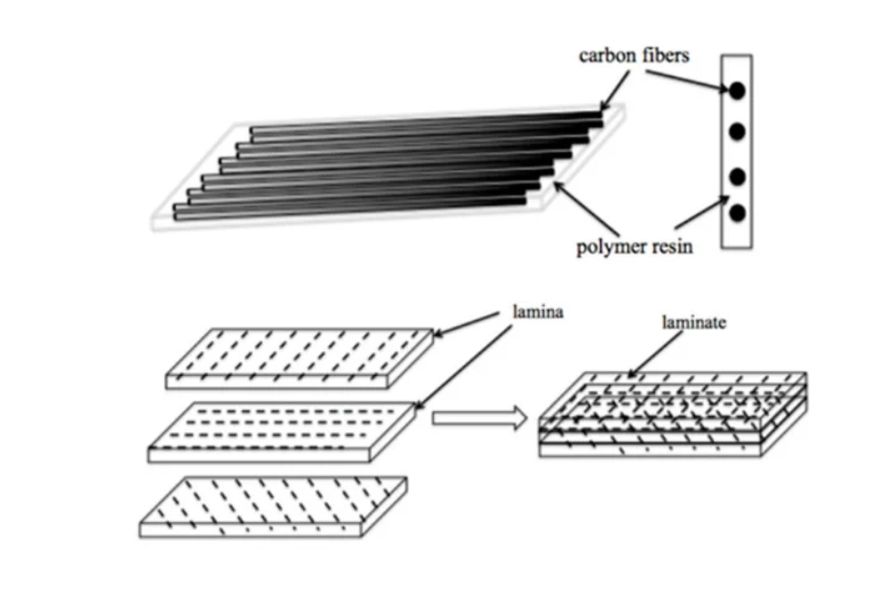Carbon fiber, known for its exceptional strength, lightweight, and corrosion resistance, has gained widespread popularity across various industries. Commonly used in aerospace, automotive, and sporting goods applications, carbon fiber is a versatile material. However, a common question arises: Can carbon fiber conduct electricity?
Understanding Carbon Fiber:
Carbon fiber, also known as graphite fiber, is composed primarily of carbon atoms with a diameter ranging from 5 to 10 micrometers. It forms an extended chain structure through carbon atom bonding, offering outstanding stiffness, high tensile strength, impressive strength-to-weight ratio, chemical resistance, high-temperature tolerance, and minimal thermal expansion.

Types of Carbon Fiber:
Carbon fiber comes in various forms, including yarns, unidirectional fibers, weaves, braids, and other configurations, used in the manufacturing of composite components. Its performance is similar to steel, yet it matches the weight of plastics.
Can Carbon Fiber Conduct Electricity?
Pure carbon fiber itself is not inherently conductive. Unlike metals such as copper or aluminum, carbon fiber is considered an insulator due to its molecular structure. However, its conductivity can be enhanced through various methods.

Factors Affecting Conductivity:
Several factors influence the conductivity of carbon fiber, including the introduction of conductive additives, carbon nanotube doping, graphene coatings, and surface modifications. These approaches aim to improve the overall conductivity of carbon fiber-based materials.
Applications of Conductive Carbon Fiber:
1.Aerospace Industry: Conductive carbon fiber is crucial in manufacturing aircraft and spacecraft components such as wings, fuselage, and structural reinforcements. Its lightweight properties combined with enhanced conductivity contribute to fuel efficiency and lightning protection.
2.Automotive Sector: In the automotive industry, conductive carbon fiber finds applications in lightweight body panels, chassis components, and interior parts. Carbon fiber-reinforced composites offer excellent strength and durability, contributing to improved fuel economy.
3.Electronics and Consumer Goods: Conductive carbon fiber plays a vital role in the production of printed circuit boards (PCBs), connectors, and electromagnetic shielding. Its superior conductivity, compared to traditional materials, enhances heat dissipation, signal transmission, and mechanical strength in electronic devices.

4.Renewable Energy: Carbon fiber is widely used in the renewable energy sector, particularly in the manufacturing of wind turbine blades. Its high strength, stiffness, and lightweight properties contribute to more efficient wind energy production.
5.Medical and Healthcare: Conductive carbon fiber is employed in the development of prosthetics and orthopedic implants. Its lightweight nature and excellent biocompatibility make it an ideal material for implants, minimizing stress on patients’ bodies.
While pure carbon fiber is not inherently conductive, advancements in material science have enabled the development of conductive carbon fiber composites. These materials have found diverse applications across industries, contributing to lightweight, high-performance solutions. The key lies in understanding the specific requirements and applications to determine the suitability of conductive carbon fiber for a given purpose.